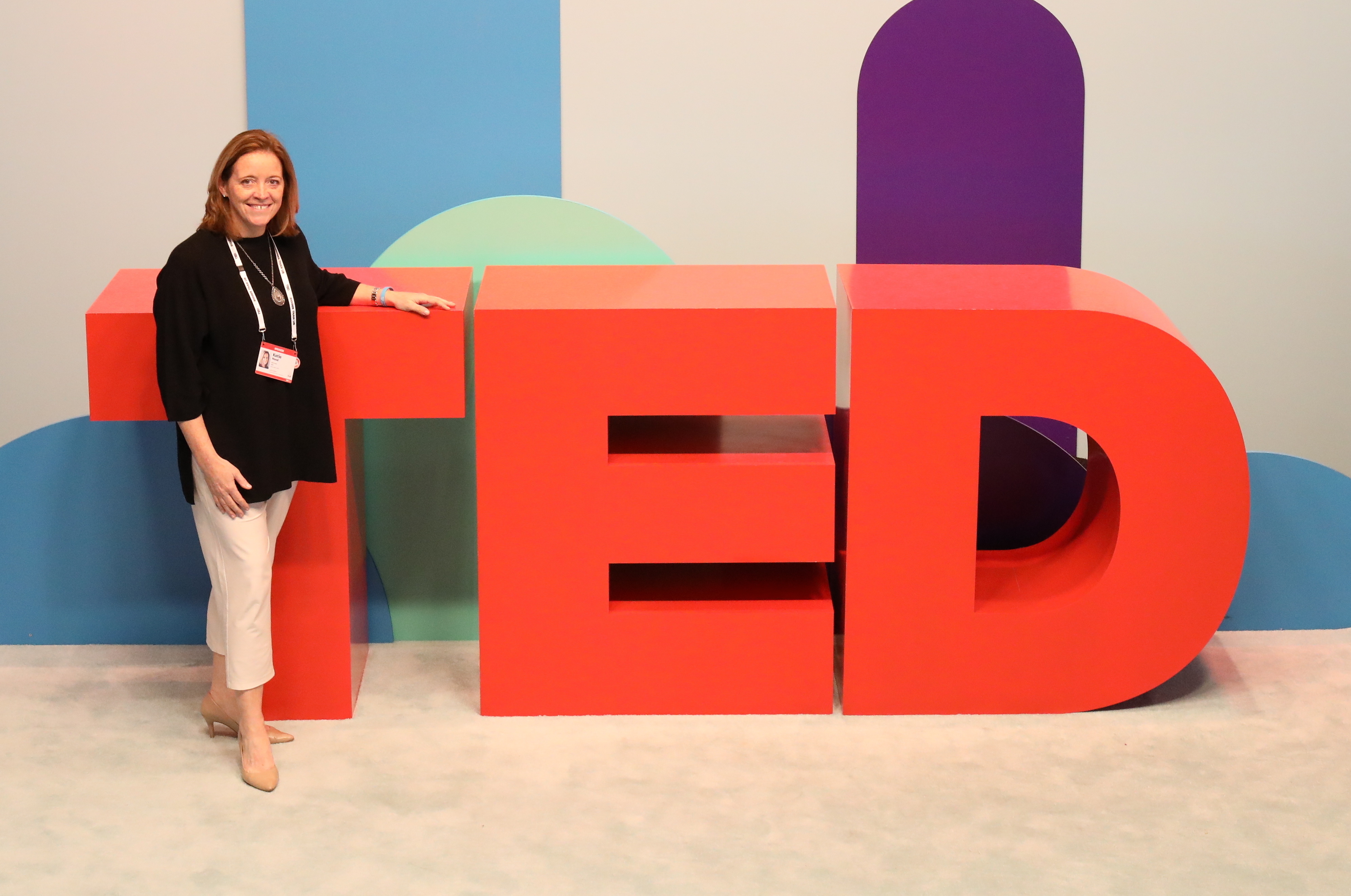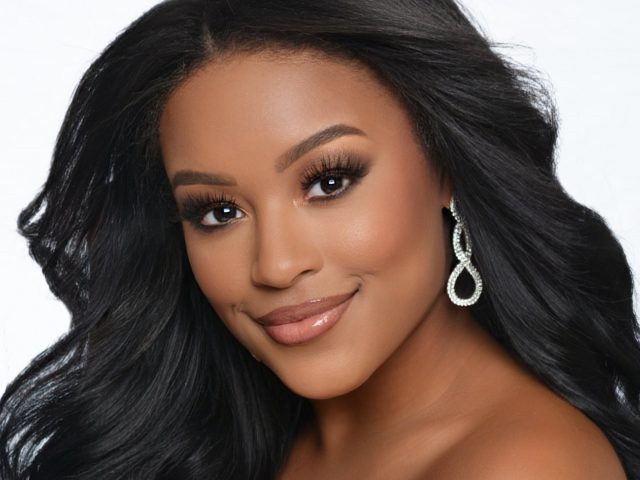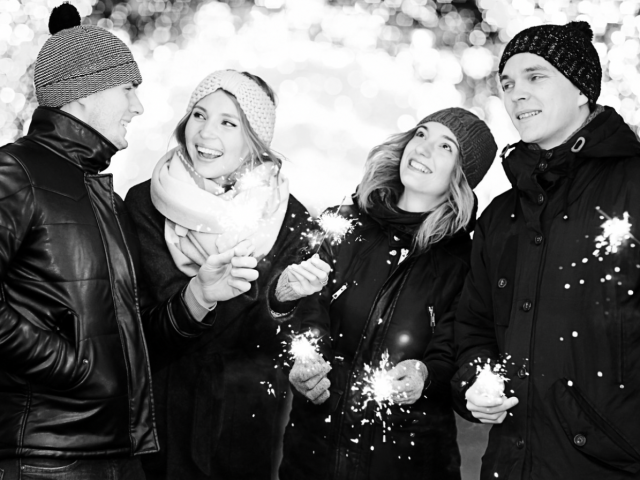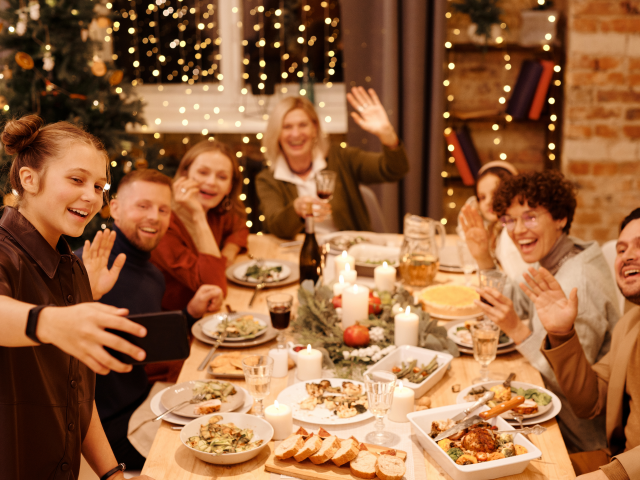“I’m completely convinced that while love is an instinct, the ability to love better is a skill we can all build and improve on over time,” Katie Hood, CEO of One Love, said as she addressed the audience from the TED Global 2019 conference stage in Vancouver this past April.
And she’s right. While we’re never taught HOW to love, love and relationships remain the number #1 concern of both teens and adults alike. Think about it. When have you ever heard someone say they don’t want to be loved.
RELATED: How One Love got to #LoveBetter
There’s a reason that love is at the heart (no pun intended) of some of our favorite songs, yet, we’re never explicitly taught how to do it well. Katie and One Love are on a mission to change that. During her address at TED, she explained One Love’s three central goals: to empower everyone with the language to talk about healthy and unhealthy relationships, a topic that’s “usually uncomfortable to talk about,” inspire communities to help spread our message, and in the process “improve all of our ability to love better.”
Still, in a world where relationships are often treated as a soft topic, spotting the warning signs of an unhealthy relationship can be difficult. In her first-ever TED talk, Katie explains the subtle signs that a relationship is veering into unhealthy territory and the little ways we can all improve our ability to love better. Here are eight important points to consider from Katie’s speech:
1. It’s Not How A Relationships Starts, It’s About How a Relationship Evolves
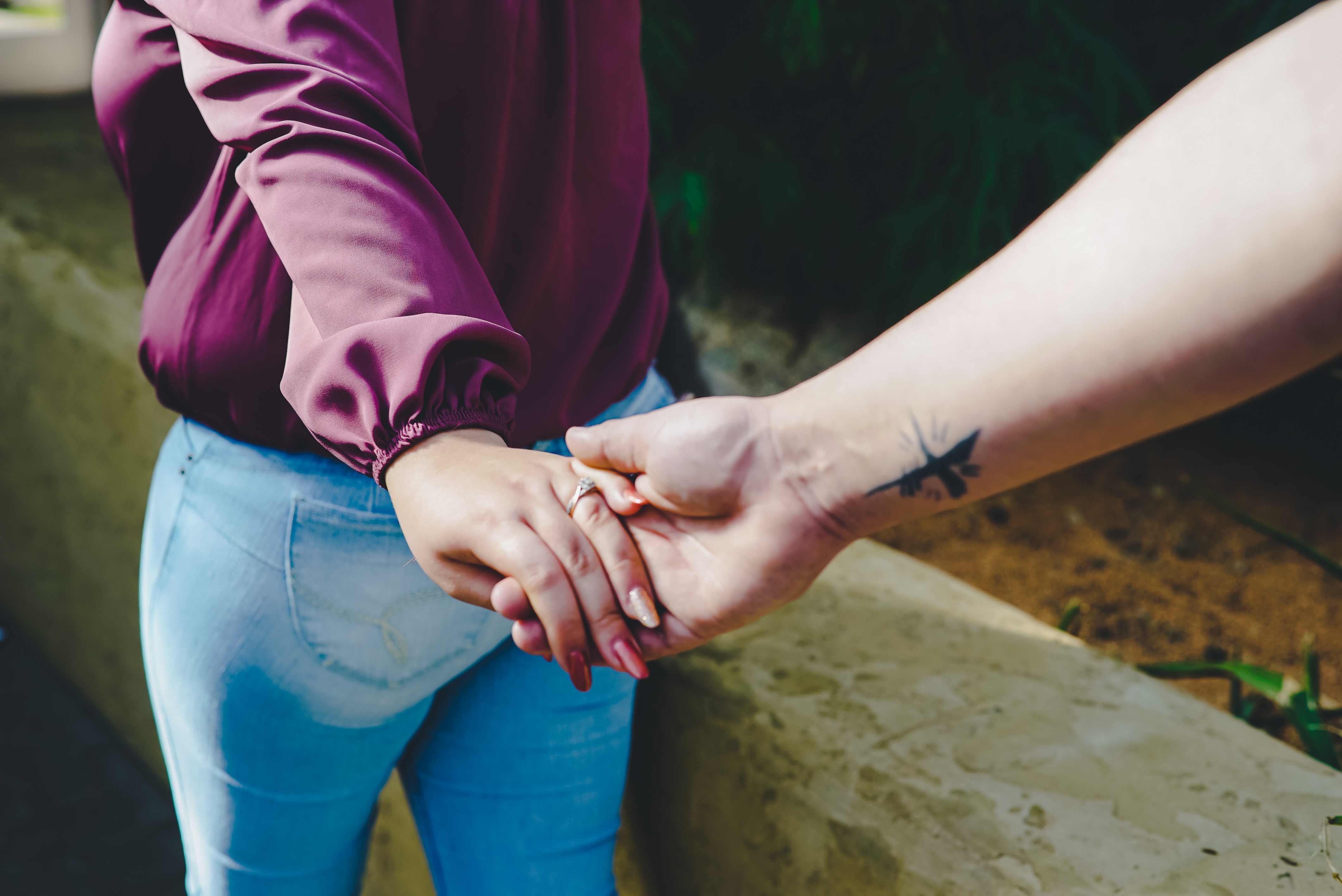
“Abusive relationships don’t start out abusive – they frequently start out exciting and even exhilarating,” Katie says.
When it comes to unhealthy relationships, we’re conditioned to spot the blatant signs of unhealthy love–like a partner that shouts obscenities at you when they’re upset or a partner that becomes physical–and we expect these signs will be relatively easy to spot. But unhealthy love rarely starts off that way.
While navigating the start of a new relationship, it’s important to pay attention to how your relationship evolves. Are you comfortable with the pace of your intimacy? Do you feel like you’re able to have your own life? Are your boundaries respected? Remaining aware of these red flags can help you avoid unhealthy love.
2. Isolation is Frequently Missed As a Sign That A Relationship is Unhealthy

Katie says, “isolation creeps in as your new boyfriend or girlfriend begins to pull you away from friends and family – your support system – and tethers you more tightly to them.”
Isolation is one of the most misunderstood and frequently missed signs of an unhealthy relationship. While there’s nothing inherently wrong with wanting to spend a ton of time with your S.O. Katie says an unhealthy partner will say things like “ Why do you hang out with them? They are such losers, “about your best friends or “They want us to break up. They’re totally against us,” about your family. They plant seeds of doubt that create a barrier between yourself and the people you love. If you’re beginning to feel trapped or like your partner is seeding an “us vs. them” mentality, this is a red flag.
3. In Unhealthy Relationships Jealousy Becomes Extreme
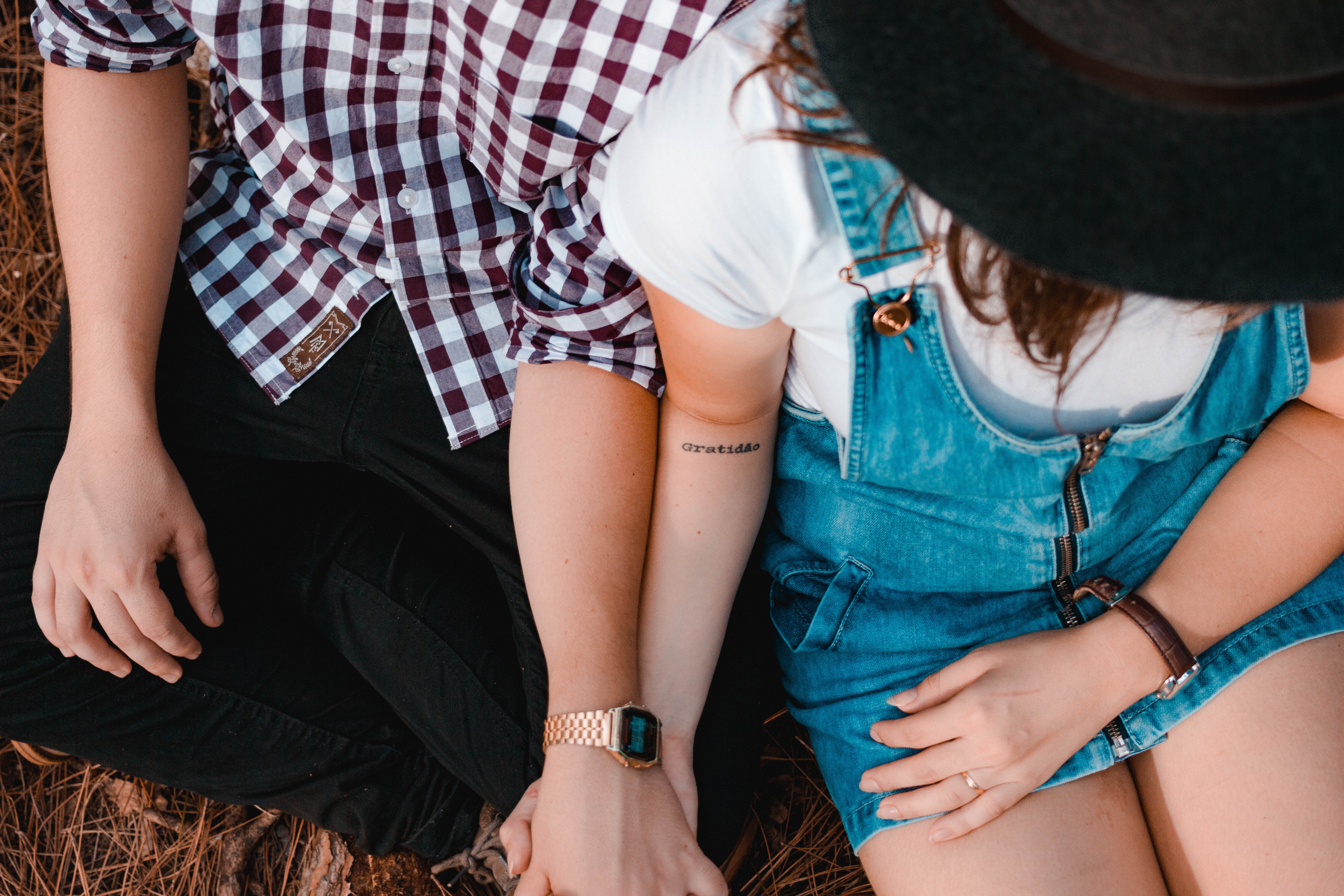
Jealousy is a normal part of any relationship but in an unhealthy one “there is a threatening, desperate, and angry edge to it,” Katie says. With extreme jealousy, an unhealthy partner will attempt to control their S.O.’s behavior through force and manipulation. Suddenly, or gradually your partner may make unfair demands and frequent accusations of flirting with other people either in real life or online. Katie says soon the situation becomes so hostile “the only way to avoid it is to try to anticipate and keep away from every conversation or interaction that might provoke your partner and cause a fight.”
4. In Unhealthy Relationships, Words Are Used As Weapons
“They’re just having a bad day.”
“It was a joke, no big deal.”
“Why am I overrating?”
Have you found yourself making excuses for your partner’s mistreatment? Maybe they shut you down in front of friends and insist you’re overemotional when you speak up.
Katie says this is typical of unhealthy relationships where “words are used as weapons.” No one deserves to be belittled by a friend or romantic partner. “It sounds obvious, but a partner should have your back. They should make you feel more confident, not less.” And more importantly, “words should be used to support, not to put down, the person you love.”
5. The More Unhealthy Markers A Relationship Has The More Likely It Is To Cross Over To Abuse
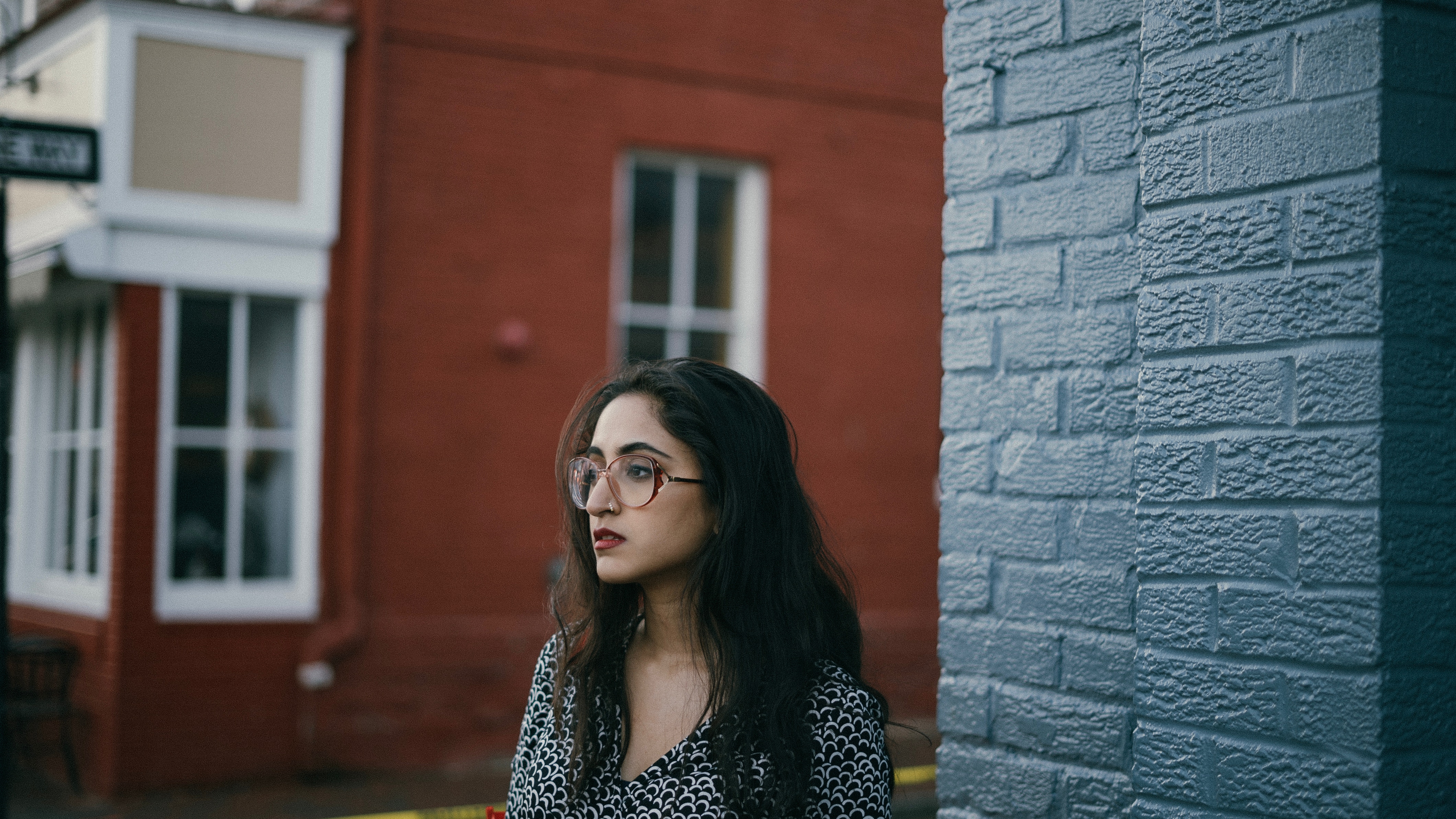
It can be difficult to know when an unhealthy relationship takes a turn toward abuse, but it’s critical to know “the more of these unhealthy markers, you see, the more dangerous the situation.”
While your response may be to just break up or leave an unhealthy partner, in many cases it may be dangerous, even life-threatening to do so. Katie says breakups are the most common trigger for violence. “It’s key to seek expert help to figure out how to safely exit a relationship that has become abusive,” she explains.
6. Understanding Unhealthy Behaviors Improves All of Your Relationships
Understanding unhealthy behaviors can help you better “audit” and understand all of the relationships in your life. Katie says, “For the first time you might understand why you feel disappointed in a friendship. Or why every interaction with a certain family member leaves you anxious and discouraged.” Understanding how your behaviors impact the people around you is the first step to improving and learning to do relationships better.
7. Healthy Love Includes …

Jumping into a relationship without learning to love is like getting a license without knowing how to drive. You might evade accidents with others for a while but you’re bound to hit your bumper against a mailbox or two. Katie says one of the reasons relationships become unhealthy is because we’re never explicitly taught how to love. Unlike learning to drive, we enter relationships with the expectation that we’ll figure things out eventually. But here’s the good news: building healthy relationships is not rocket science. Katie says the core elements, “open communication, mutual respect, trust, and patience,” are simple and can be practiced every day.
8. Practice Makes You Better, Not Perfect
Katie is convinced that while relationships are treated as a soft topic, they are in fact, “the hardest and most important skills to master in life.” And though practicing healthy behaviors won’t make you perfect, it will make you better. “While I think and talk about healthy relationships every day – I still do unhealthy things myself,” Katie says. What’s important is that you know what the bar should be for how you’re treated and that you have a language to use when the bar’s not being met.
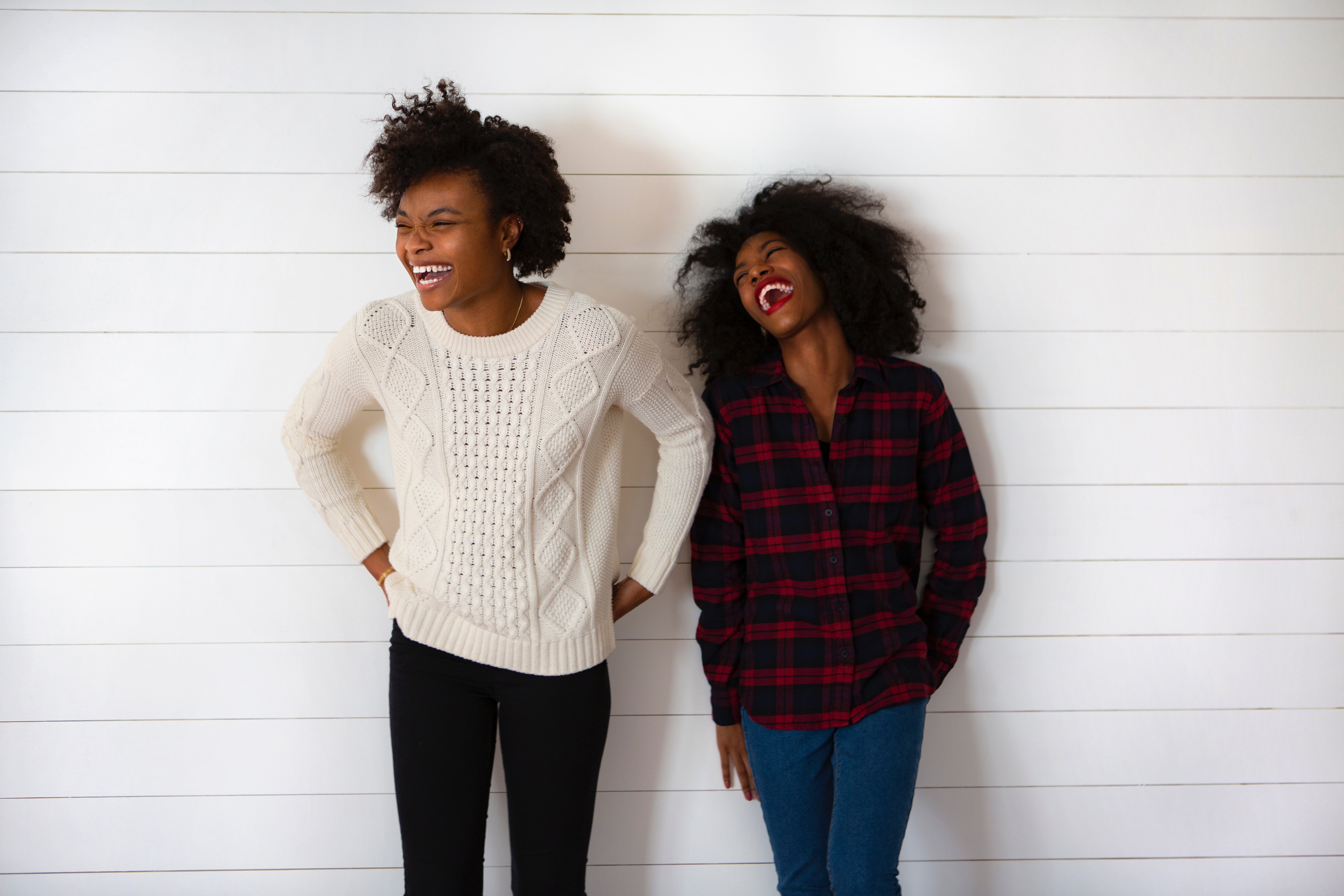
At the core, One Love believes we can all work toward healthier relationships and improving our capacity to #lovebetter. By learning what healthy relationships look like and practicing these skills in our lives, we can strengthen our relationships and teach others to do the same.
Relationships truly are the most important skill of all, they impact every part of our lives and when we improve this skill, we improve our health, happiness and so much more. Use the 8 tips above to help you avoid unhealthy love and to build healthier, stronger relationships with the people in your life.
Are you interested in learning more about healthy and unhealthy relationships? Check out Katie’s full speech here. You can follow Katie on Twitter at @katiehhood.
Browse by Category

Don’t Be on the Naughty List: Spotting Unhealthy Relationship Signs This Holiday Season
The holidays are meant for joy, connection, and celebration—whether it’s Christmas, Hanukkah, Kwanzaa, or cozy winter vibes. But if someone…
How to Have Healthy Holiday Conversations with Family (and Prep Your Partner)
The holidays are a time for family, good food, and—let's…
Finding Strength in Our Stories: Domestic Violence Awareness Month
⚠️ Trigger Warning: This blog includes content and language related…
Understanding Domestic Violence Awareness Month (DVAM)
October is almost here, and that means it’s time to…
4 Students Share How They Helped a Friend in an Unhealthy Relationship
Watching a friend struggle in an unhealthy or abusive relationship…





